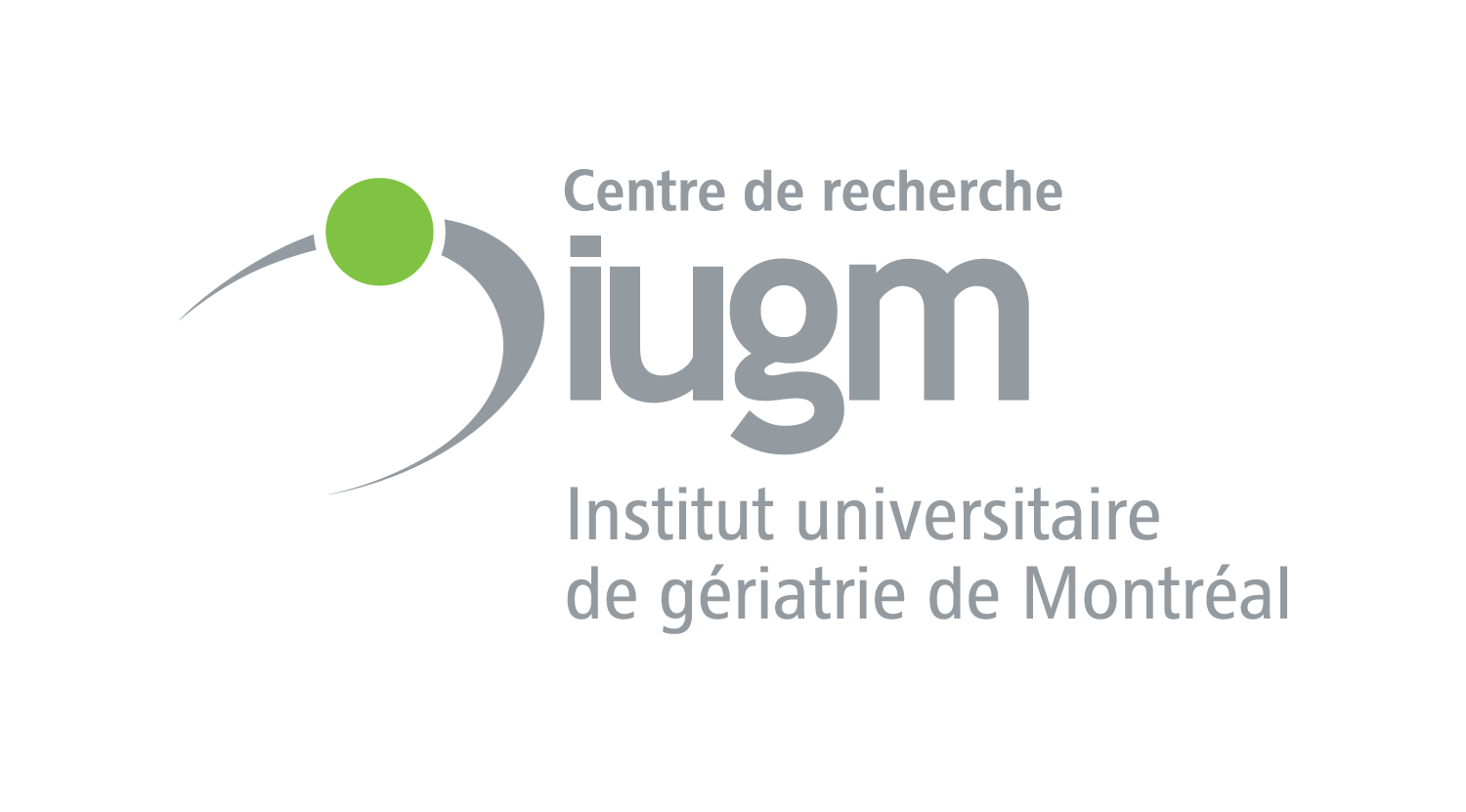
Bénali Habib
Contact information
Biography
Dr. Habib Bénali is a professor in the Department of Electrical and Computer Engineering at Concordia University and a regular researcher at the Research Centre of the Institut universitaire de gériatrie de Montréal (CRIUGM). He holds a Ph.D. in signal processing and statistics from the University of Rennes I, as well as an Habilitation to Direct Research in applied mathematics and medical image processing from Paris IX Dauphine University.
Internationally recognized for his expertise in computational neuroimaging, Dr. Bénali has led or co-led several prominent laboratories in France, notably within INSERM (the French National Institute of Health and Medical Research), and has served as the scientific director of the PERFORM Centre at Concordia University. His work has been honored with numerous awards, including the Erbsmann Prize and two Cum Laude Awards from the Radiological Society of North America. He is also a member of several scientific committees (Baycrest, INSERM, Human Brain Project) and a regular reviewer for major funding agencies such as CIHR, FRQS, ERC, and NSERC.
Over the past decade, Dr. Bénali has secured several major research grants, including two Tier 1 Canada Research Chairs focusing on biomedical imaging and healthy aging, as well as an NSERC HORIZONS grant centered on neurodegenerative diseases. He is also a co-investigator in large-scale intersectoral projects on Alzheimer’s disease and brain plasticity.
Research interests
Dr. Bénali’s research lies at the intersection of applied mathematics, neuroscience, and signal processing. His scientific contributions focus on:
-
Mathematical modeling of the brain, including the dynamics of neural networks.
-
Multimodal analysis of brain images (fMRI, EEG, MEG, MRS), employing combined computational and statistical approaches.
-
Study of brain functional connectivity to understand the organization and adaptation of the brain during aging.
-
Neuronal plasticity, motor learning, and mechanisms of memory consolidation.
-
Application of his research to brain health in the elderly, through programs like the Webster Healthy Living Program for Seniors.
His research aims to translate fundamental advancements into practical applications to promote healthy aging and prevent neurodegenerative diseases.
Keywords: multimodal neuroimaging, computational brain modeling, functional connectivity, neural networks, Alzheimer’s disease, healthy aging.
